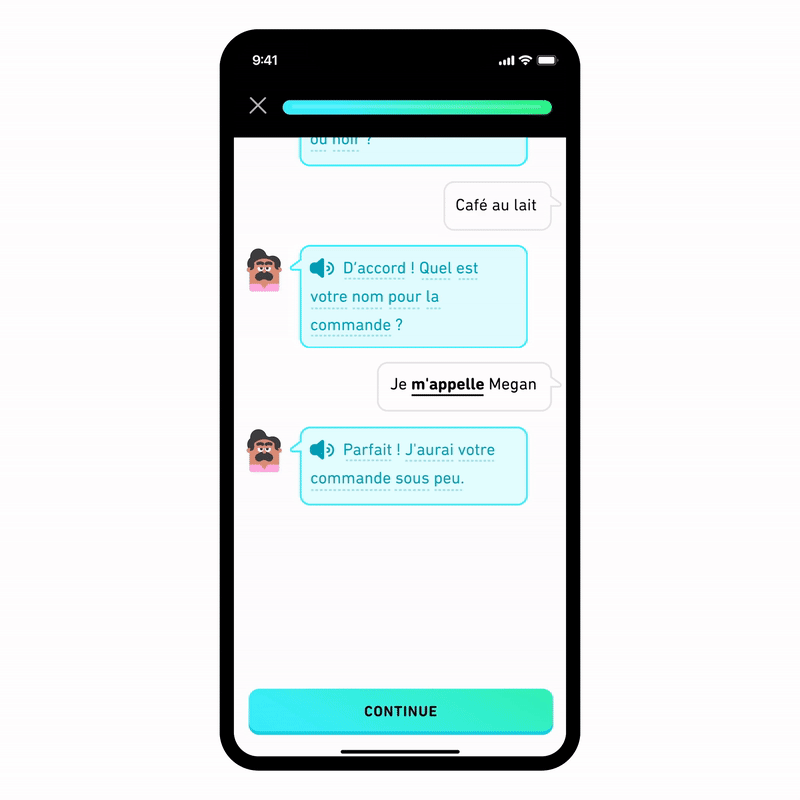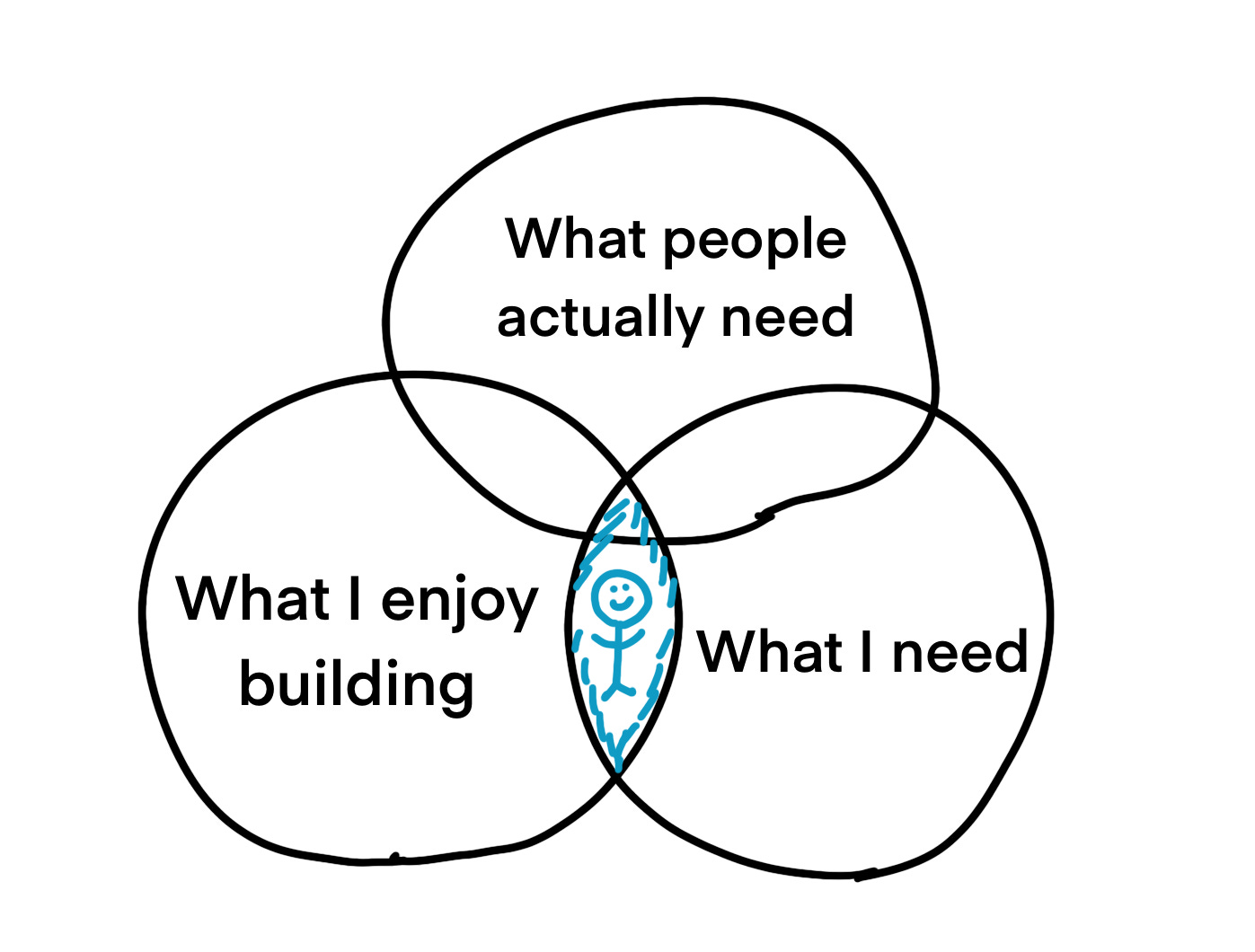When people think about changes, most people want to have a startup. But remember that a startup is just a vehicle for change. It is a tool, but only one tool. Starting a startup seems like a high commitment, and it can be scary. Why would I become a founder when I'm not even sure what I want to do?
Hence, I have explored another path that seems to be more suitable for me. Esther needs to explore, needs to test out different hypotheses through building different solutions. Let's start with Phase 2.
Phase 2: Sample and explore different solutions.
I want to build many side projects related to various learning hypotheses. Small is good, and I can begin by addressing my own learning problem personally.
Take my Spanish tutor, for example. You might ask, "Why not just use Duolingo to learn Spanish?" But for me, it's not truly helpful. Yes, Duolingo now has roleplay, but that's not exactly what I need.
I don't want an owl to explain things and tell me how other native speakers talk; I just practice my past tense extensively (see "The Bottleneck in Learning a New Language"). But all these language solutions want me to follow the curriculum they design, but they don't give me the exact stretch I need as a learner. Plus, I have no freedom to design and think how I want to learn. I always need to learn with the owl.
To conclude, there are lots of gaps in the solutions we are currently designing for learning, even if we are mindful of how we are learning and what we want to improve. That's why this stage of mine is to build lots of random learning solutions.
In this stage (aka my current stage now), I will build a lot of solutions that help me learn and share with others to use them. Probably 99% will fail for other users, but at least most of them will be helpful for me. Throughout the process, I will find an intersection between what I'm interested in and what others need, so I can explore and randomly sample niche problems. In the meanwhile, I will also build my skill sets as a full-stack developer that enables me to build whatever idea I have in my mind.
Phase 3: Scale promising solutions.
My solutions will probably be mostly tech-focused, so they have the ability to self-propagate if any of them are useful to others. So if one day, I really want to try to have a startup to build a solution, I already have an rough idea on what the market wants to have rather than starting from the ground up. With this accumulation of acumen and technical skill set that I’ve been training, I will likely have the ability to execute it too.
If I get really lucky enough, a few of the works I built during my Phase 2 gained popularity; things will be much easier. I don't need to worry about building a "sticky product" because I already tested and failed enough and found a direction.
Phase 1: I'm still so lost.
You must be wondering then what's my Phase 1 then?
My current problem now is choosing between Machine Learning and Product Engineering. As I've described to you, Phase 2 and 3 will be hugely related to building products, belonging to the product engineering category. Hands-on dirty work. But I've been interested in Machine Learning/Data Science for a few years now. And now I do not know what I'm more interested in. For building the product, I know it's supporting my belief, but I don't know how much I'm interested in the actual process of doing it. On the other hand, though I don't have concrete Machine Learning experience to tell my interest level either, I know I have a general interest in thinking about high-level stuff (e.g., doing research). So it's hard for me to make a choice here.
But my idea so far is, regardless of whether I pursue a product engineering or machine learning career, I will love to have a very, very chill but high-paying work so I can spend more time exploring learning on the side.
Opportunity
What kind of opportunity exists for me?
AI doesn't bring great opportunity to change the education system, but it also brings great opportunities for us as learners. Being an engineer isn't quite easy before, but it becomes significantly simpler with the assistance of AI. AI can write code for me, and I can learn with it. Me making tools that I want and need will be pretty manageable sooner or later.
Living in San Francisco also brings opportunities for new thoughts. San Francisco doesn't have great opinionated thinkers in thinking about learning, but there are lots of great learners and builders. People are opinionated on software as a tool and how to build the next generation of it (See "Tools for Thought"). They push beyond the frontier of the current system rather than integrating them with it. There is lots of technical learning and philosophies I can learn from it.
Anyway, this is a pretty feasible roadmap to begin with than slapping a groundbreaking solution out of my brain. I used to feel so scared of committing to some startup and diving deep into the education system. Because it feels so risky and painful. I think this is for Esther 10 years after. But now, I think, "Hmm... if Esther wants to learn X better, how can I build one for her?" Esther today can start.
Maybe that's how the journey will begin. I don’t know, but who knows?



